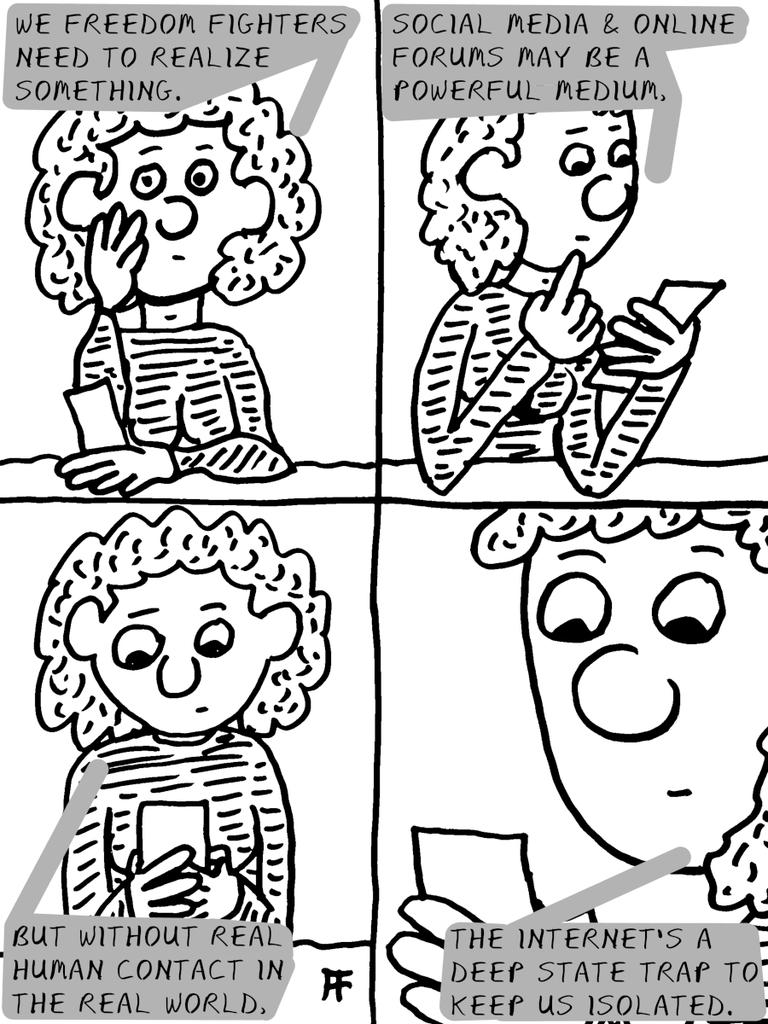
Internet Addiction and Isolation
Internet addiction and isolation are intricately linked, with each exacerbating the other. Here’s a breakdown of the associations and implications:
Causes of Internet Addiction Leading to Isolation
Excessive online behavior: Spending excessive time online can lead to social withdrawal, as individuals prioritize digital interactions over face-to-face relationships.
Fear of social judgment: The anonymity of the internet can foster a sense of security, causing individuals to avoid social interactions offline due to fear of being judged or rejected.
Dependence on online communities: Some people may rely heavily on online forums or social media groups for emotional support, leading to a sense of disconnection from real-life relationships.
Isolation Contributing to Internet Addiction
Lack of social interaction: Isolated individuals may turn to the internet as a substitute for human connection, perpetuating their addiction.
Escapism: Internet addiction can serve as a coping mechanism for feelings of loneliness, providing a temporary escape from social isolation.
Difficulty in forming offline relationships: Isolated individuals may struggle to develop and maintain offline relationships, leading them to rely even more heavily on the internet.
Consequences of Internet Addiction and Isolation
Mental health concerns: Both internet addiction and social isolation have been linked to increased risk of depression, anxiety, and other mental health issues.
Physical health problems: Prolonged social isolation can contribute to decreased physical activity, poor sleep quality, and increased risk of chronic diseases.
Impact on relationships: Internet addiction and isolation can damage relationships with family and friends, leading to feelings of guilt, shame, and regret.
Breaking the Cycle
Seek professional help: Individuals struggling with internet addiction and isolation should consult mental health professionals for guidance and support.
Gradual reduction of online activity: Set boundaries and gradually reduce online time to allow for offline social interaction and relationship rebuilding.
Engage in offline activities: Pursue hobbies, join clubs or groups, and participate in community events to foster social connections and a sense of belonging.
Develop offline communication skills: Practice effective communication, active listening, and conflict resolution skills to improve relationships and reduce reliance on the internet.
Key Takeaways
Internet addiction and isolation are interconnected, with each exacerbating the other.
Addressing one issue without addressing the other may not lead to lasting change.
A comprehensive approach, including professional help, gradual reduction of online activity, offline engagement, and skill development, is necessary to break the cycle of internet addiction and isolation.
“Technology Addiction” in the Electronic Age: Worldwide Progress or Servitude?
https://www.globalresearch.ca/technology-addiction-in-the-electronic-age-worldwide-progress-or-servitude/5317843
Alt-News & Views -
https://www.minds.com/artgrafiken

